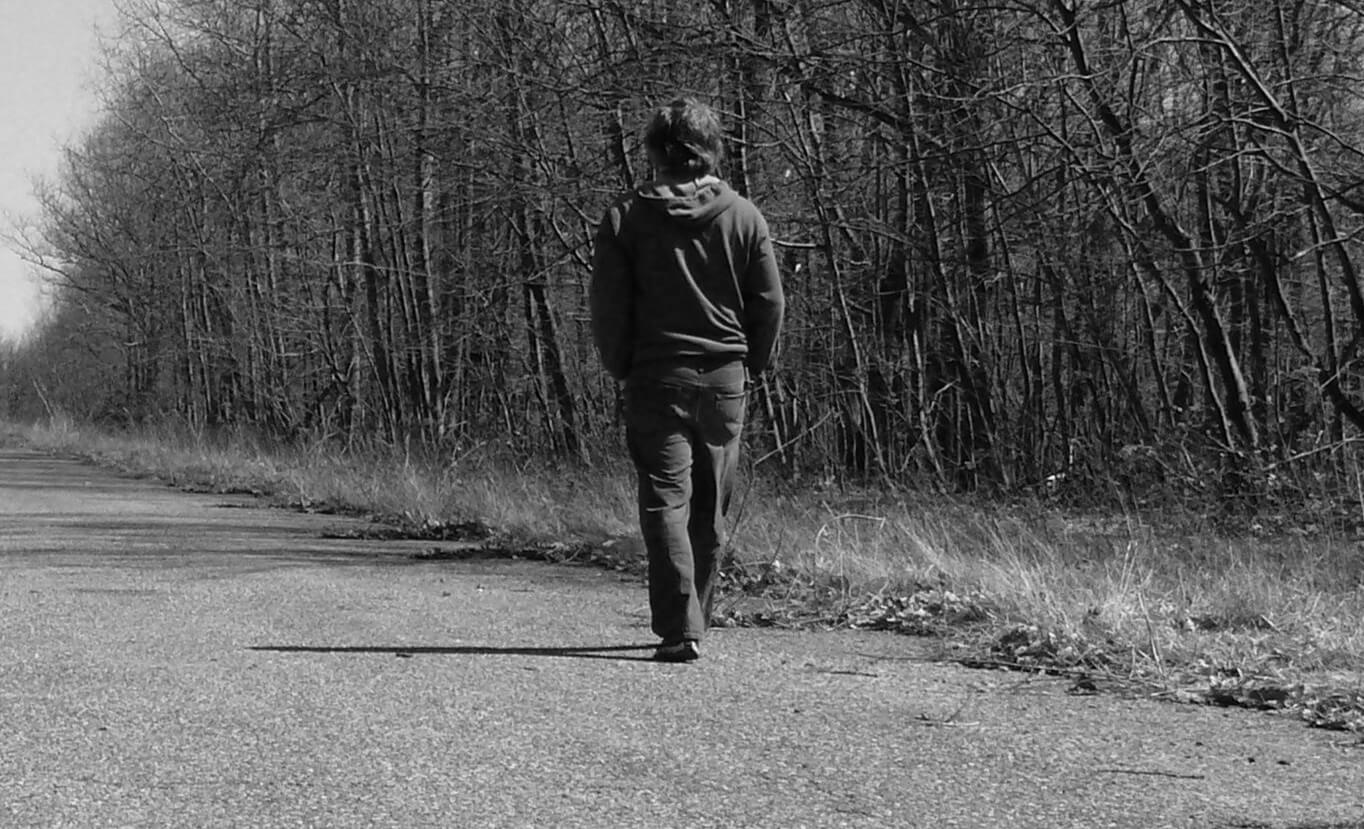Responding To Tenant Abandonment
By DANIEL BORNSTEIN, ESQ.
[apss_share]

In an earlier post, we painted the picture of a “runaway tenant” who breaks their lease and leaves like a thief in the night, an increasingly common phenomenon in the Bay Area as droves of tenants report their desire to leave the Bay Area to escape the high rents and congestion. In legal terms, when a tenant bails without paying rent, this is called abandonment.
When this untimely departure occurs, landlords are often forced to decide what to do with the property left behind. We are not talking about perishable food, empty bottles and garbage you can dispose of. We are referring to items of value. Just because the tenant left these objects behind, don’t fall into the trap of “finders keepers, losers weepers” and assume you can help yourself to these valuable items, or discard them to make way for the next tenant.
Why? Not only is it the right thing to do, but California has specific laws that spell out notice requirements and waiting periods landlords must follow if they suspect the rental property has been abandoned. There is an out-of-court procedure landlords can avail to shield themselves from liability when they take possession of the property without going through the eviction process. Essentially, the tenant has an 18-day window to reclaim their items after being put on notice.
We hasten to say that even when proper procedures are followed, the tenant may resurface and challenge the landlord's removal and disposition of possessions prized enough for them to initiate court action.
First, the rental property owner must have a “reasonable belief” that the unit has been vacated by the tenant without an intent to return. What is reasonable, of course, is open to interpretation, but to paraphrase one Supreme Court Justice, you will likely “know it when you see it”.

Some personal sleuthing may be in order to determine whether the unit is vacated. We noted before that under Civil Code 1954, there are a limited set of circumstances when a landlord is permitted to enter the rental unit, but abandonment or surrender of the premises is one such ground. Thus, the owner can do a brief check and use their keys if knocking and calling out are to no avail.
If indeed the tenant has moved out, there will tell tail signs that no one is inhabiting the unit. Aside from removed possessions, other clues will be spoiled food, empty closets and the like. Neighbors can also be questioned if there was any sighting of the tenant, or if they were observed moving. We do not want to insult your intelligence - it will be readily apparent if someone has got up and left. These investigative efforts should be documented if the landlord later finds themselves in a courtroom dispute.
When it is suspected that the tenant has vacated the unit, a Notice of Belief of Abandonment can be served. This is the document that signals the landlord’s intention to care for the "lost and found" items.
This notice must contain the date of termination and cannot be less than 15 days after the landlord deposits the notice in the mail to the resident’s last known address. Paradoxically, this can be mailed to the unit they just vacated, with copies sent to any other addresses on file, such as a work address. Notices should be served by regular mail, certified and also posted on the front door of the unit.
One of the consequences of living in a free society is that people can move freely and cannot always be found. But in the eventuality of litigation, the narrative we want to recount at Bornstein Law is that the owner did everything humanly possible to alert the tenant that items were left behind and need to be reclaimed or disposed of in accordance to law.
We’ve only scratched the surface here, and we will continue in future posts – follow us on Facebook to stay in the know.


 As the founding attorney of Bornstein Law, Broker of Record for
As the founding attorney of Bornstein Law, Broker of Record for